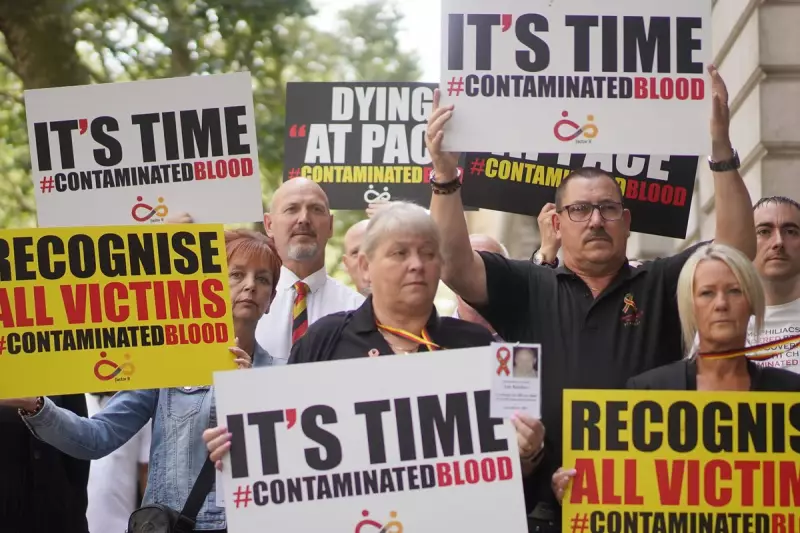
The UK government is under increasing pressure to provide compensation to victims of the infected blood scandal, as the public inquiry into one of the NHS's darkest chapters prepares to conclude.
Shadow Cabinet Office minister Nick Thomas-Symonds has demanded ministers act swiftly to deliver justice for the thousands infected with HIV and hepatitis through contaminated blood products in the 1970s and 1980s.
A Scandal Decades in the Making
Between 1970 and 1991, nearly 30,000 people were infected with life-threatening viruses through NHS treatments. Haemophiliacs received blood products containing HIV and hepatitis C, while others were infected through blood transfusions.
The long-running inquiry, chaired by Sir Brian Langstaff, is expected to publish its final report in May after years of harrowing testimony from victims and their families.
Growing Calls for Justice
Thomas-Symonds accused the government of dragging its feet on compensation, stating: "The moral case for compensation is overwhelming. These people have suffered enough."
Campaigners estimate the scandal has claimed over 3,000 lives, with victims continuing to die each week before seeing justice served.
Key Facts About the Scandal:
- Affected nearly 30,000 people in the UK
- Victims include haemophiliacs and transfusion recipients
- Contaminated blood products were imported from the US
- Many victims were infected with both HIV and hepatitis C
The government has previously made interim compensation payments to some victims, but campaigners argue these don't go far enough to address the scale of suffering caused.
As the inquiry's conclusion approaches, pressure mounts on ministers to finally deliver the comprehensive compensation package victims and their families have waited decades to receive.





